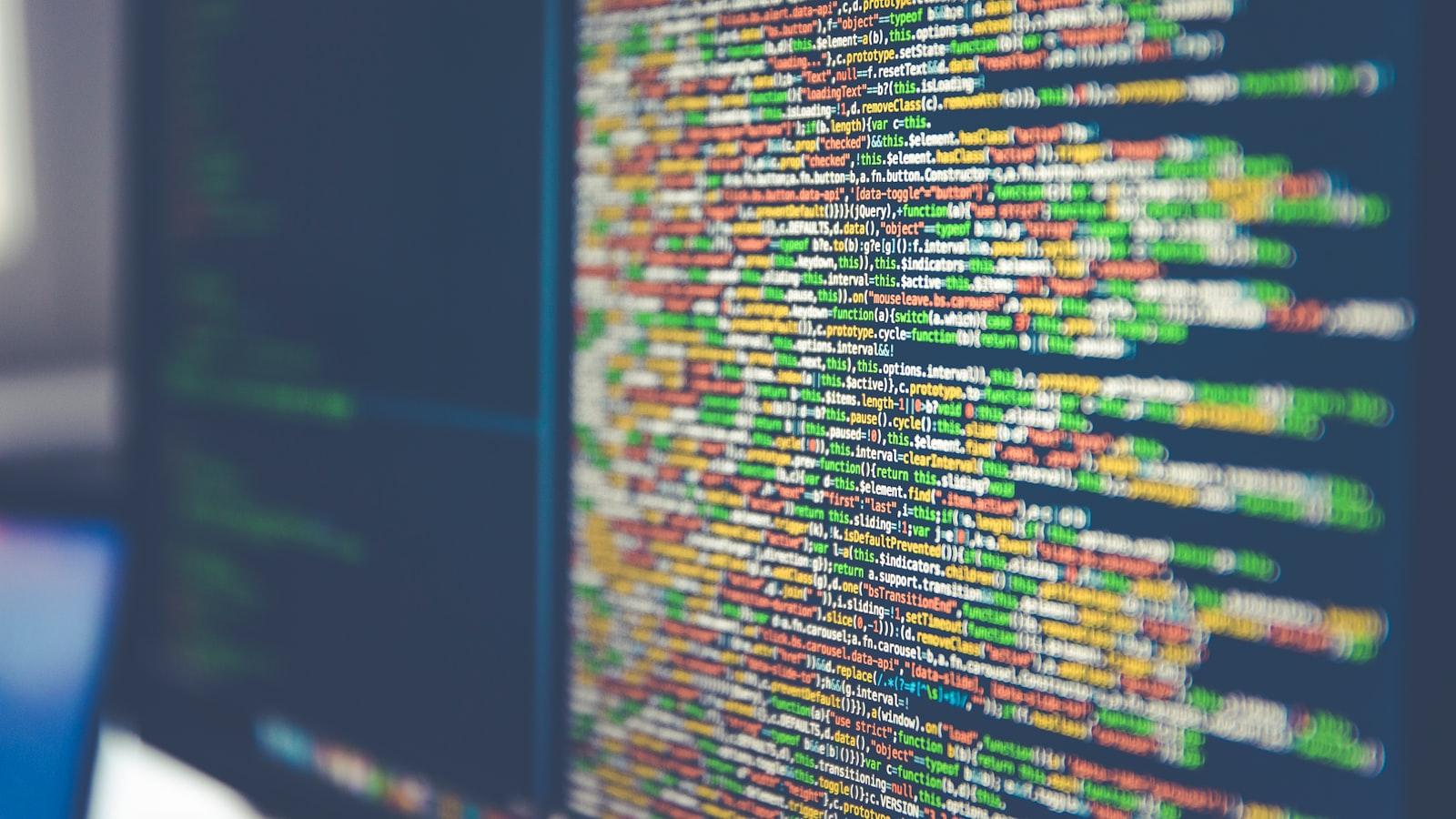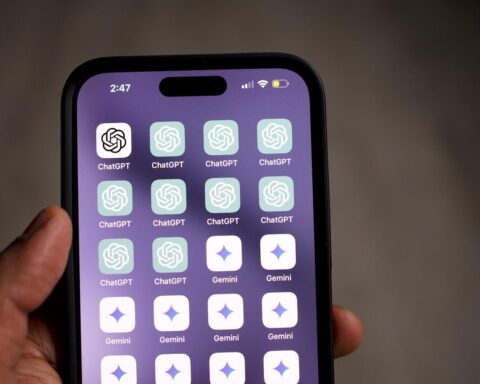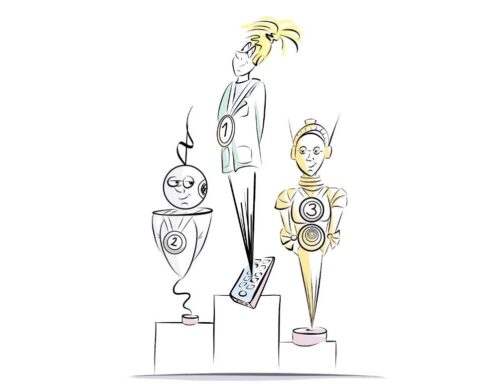Dimmed screens, coded language, and secret whispers online: welcome to the era of the New Digital Dark Age. It’s a time where digital footprints disappear into tech-black holes, collected data loses compatibility with modern systems, and data decay is as tangible and daunting as physical decay. The world’s heritage, previously preserved in weathered epics or dusty librarians’ scrolls, faces an endangerment like never before when stored in ones and zeros. This epoch of lost information is paradoxical – born out of an era of information explosion yet shrouded in the shadows of dwindling digital durability. In this article, we unravel the threads of the New Digital Dark Age and the challenges it brings to our civilization, while we explore possible solutions to bypass the impending void of forgotten cyber-knowledge.
Table of Contents
- Unraveling the Concept of The New Digital Dark Age
- Understanding the Impact on Society and Digital Culture
- Exploring Measures to Safeguard Future Generations
- Strategies to Mitigate the Risks and Challenges of The Digital Dark Age
- Wrapping Up

Unraveling the Concept of The New Digital Dark Age
As we continue to rely more and more on digital technology in our daily lives, the concept of the “New Digital Dark Age” has emerged as a topic of concern among scholars and experts in the field. This term refers to the potential loss of digital information and knowledge due to rapidly changing technology and the obsolescence of digital formats.
One of the main challenges of the New Digital Dark Age is the preservation of digital materials for future generations. Unlike physical books or documents that can last for centuries, digital information is highly susceptible to being lost or corrupted over time. This could lead to a knowledge gap in the future, where important digital data is no longer accessible or decipherable.
To combat the risks of the New Digital Dark Age, efforts are being made to develop strategies for digital preservation, including the creation of digital archives and the adoption of standardized file formats. It is crucial for individuals and organizations to prioritize the long-term preservation of digital materials to ensure that valuable information is not lost to future generations.

Understanding the Impact on Society and Digital Culture
With the rapid advancement of technology, we find ourselves at a crossroads where the consequences of our digital actions can have far-reaching implications. The concept of a “New Digital Dark Age” is not merely a hypothetical scenario but a stark reality that we must confront. As our society becomes increasingly reliant on digital tools and platforms, the potential for misinformation, manipulation, and loss of critical information poses a significant threat to our collective knowledge and understanding.
One of the most concerning aspects of this new digital era is the erosion of our historical record. With the majority of our information and data stored in digital formats, we run the risk of losing valuable insights and resources due to outdated technologies, lack of preservation efforts, or deliberate censorship. The fragility of digital information is a pressing issue that demands immediate attention and action to ensure that future generations have access to a comprehensive and accurate representation of our time.
As we navigate the complexities of digital culture, it is crucial to acknowledge the power dynamics at play and the ways in which technology can be both liberating and oppressive. From social media algorithms shaping our online experiences to government surveillance infringing on our privacy rights, the impact of digital advancements on society cannot be underestimated. It is imperative that we actively engage in conversations surrounding ethics, transparency, and accountability to safeguard our collective well-being in the face of the “New Digital Dark Age.”

Exploring Measures to Safeguard Future Generations
In today’s digital age, where information is stored and shared online, there is a growing concern about the preservation of knowledge for future generations. As we rely more on digital formats for storing data, we face the risk of losing valuable information due to technological obsolescence and lack of preservation efforts. This phenomenon has been dubbed the “New Digital Dark Age”, where vast amounts of information may become inaccessible to future generations.
One measure to safeguard future generations against the threat of the New Digital Dark Age is the implementation of digital preservation strategies. These strategies involve the proactive management of digital assets to ensure their long-term accessibility and usability. By migrating data to new formats, creating backups, and documenting metadata, organizations can help prevent the loss of valuable information for future generations.
Another important aspect of safeguarding the knowledge of future generations is promoting digital literacy and education. By equipping individuals with the skills to navigate and understand digital technologies, we can empower them to take control of their digital legacy. Through education initiatives, we can ensure that future generations have the knowledge and tools needed to preserve and access information in the digital age.

Strategies to Mitigate the Risks and Challenges of The Digital Dark Age
In order to navigate the challenges posed by the Digital Dark Age, it is crucial for individuals and organizations to implement effective strategies to mitigate risks and protect their digital assets. One key strategy is to regularly back up important data and information in multiple locations, including physical storage devices and cloud-based services. This redundancy can help safeguard against data loss due to technological failures or cyber attacks.
Another important strategy is to invest in digital preservation tools and technologies that can help ensure the long-term accessibility and usability of digital content. This may include digitization processes, metadata tagging, and migration to updated file formats. By actively managing and preserving digital assets, individuals and organizations can reduce the risk of information becoming obsolete or inaccessible over time.
Moreover, promoting digital literacy and education is essential in combating the Digital Dark Age. By raising awareness about the importance of digital preservation and the risks of data loss, individuals can take proactive steps to protect their digital heritage. This can involve training programs, workshops, and resources that empower people to effectively manage and safeguard their digital information for future generations.
Wrapping Up
In a world of ephemeral tweets and transient Snapchat conversations, it may seem counterintuitive to consider the prospect of a new digital dark age. But as we continue to consume and create mountains of data, the changing tides of technology are threatening to engulf whole islands of information. Without proactive measures, we stand at the brink of a potential abyss, in which pieces of our contemporary digital life, from nostalgic photographs to ground-breaking scientific research, might disappear into the digital ether.
So, we must turn our screens towards the horizon, and look at the challenges and possibilities of this new age with clear and unwavering vision. Our bytes and pixels are pieces of a generational legacy that calls for preservation and careful stewardship. Perhaps, in recognizing the impermanence of our digital landscape, we might find new incentives for connection, for creativity, and for cherishing the fleeting digital moments that remind us of our shared human experience. This digital dark age might sound ominous, but, if navigated well, it can serve as a sharp reminder of the need for thoughtful digital habits, in an era marked by both continuous technological progress and our endless quest for permanence.
As humanity grows and evolves, so too will the ways that we handle, understand, and value our digital histories. In approaching this potential dark age, our challenge is to hold onto the light, illuminating the past and guiding us into a future where every tweet and tag, byte and bit, holds its rightful place in our shared story. It is a journey through a forest of ones and zeroes, a voyage into a new kind of twilight made up, not of the absence of light, but of the shimmering glow of countless screens, silently humming with the ceaseless pulse of shared human experience – the new digital age.
This is the challenge that lies ahead; a new epoch of memory and loss, preservation and decay. The new digital dark age awaits. How we approach it, is entirely up to us.






